Description
In this book, Edward Said attempts to answer and complement the questions raised in his previous book, “Orientalism.” More importantly, he attempts to shed light on a new literature and criticism that emerged after the colonial era, that is, after World War II, when the Third World—Africans and Asians, Arabs and non-Arabs alike—emerged. These people, who have always been the subject of Western anthropology and, in cultural texts, were the negative evidence of various ideas about less developed, non-literary peoples whose essences remained unchanged despite history, became creators of their own literatures and histories, as well as critical readers of the Western archives. In light of this theory, Edward Said intelligently rereads the production of Western thought over two hundred years, using analysis, intellectual sophistry, and insightful and brilliant insights, such as Camus’s Notables. He interprets the essential components of Camus’s work within the framework of epistemological problems linked to Camus’s imperialist perspective. In addition to his reading of Verdi and Jean Austen, he uses his scholarly and analytical approach to dismantle these giants of Western thought, exposing their hateful, arrogant, and inhuman perspectives steeped in racism, supremacy, and economic and racial exploitation.

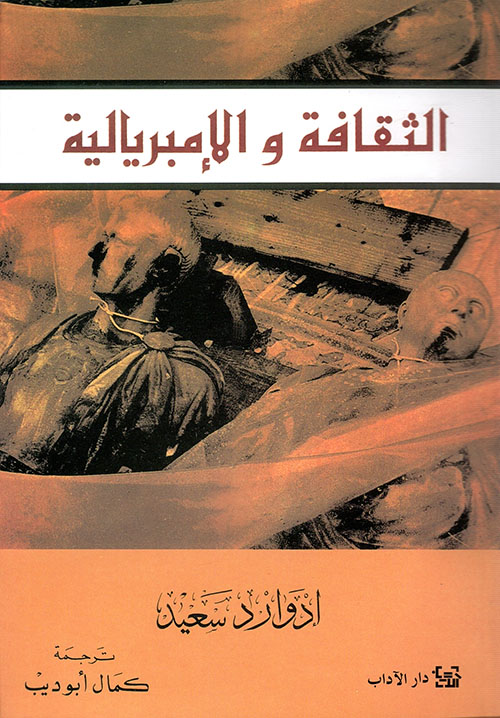
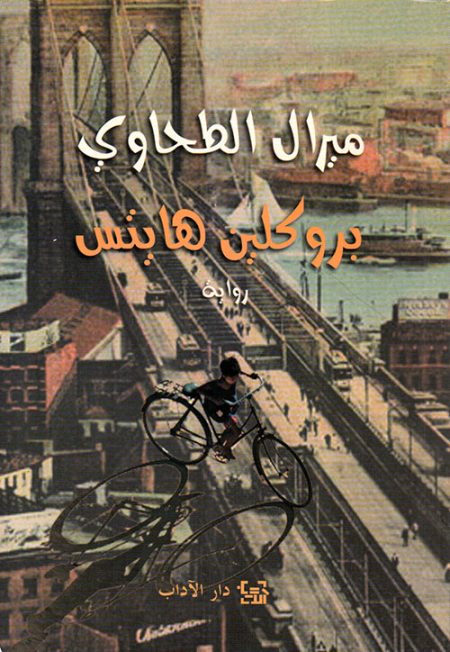
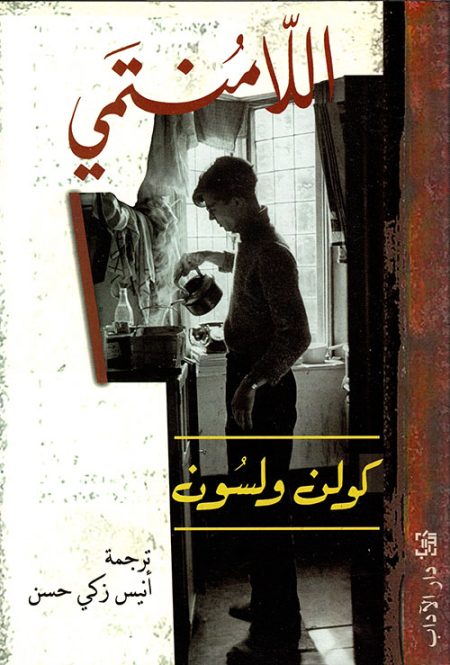
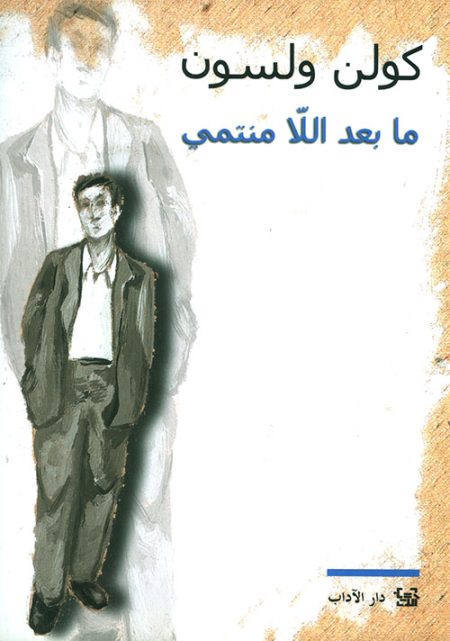
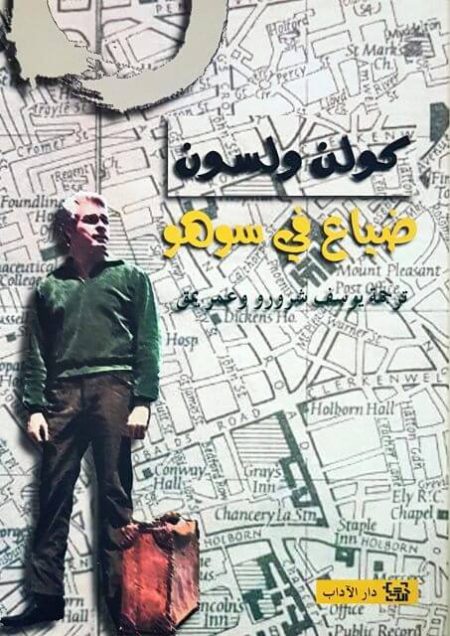
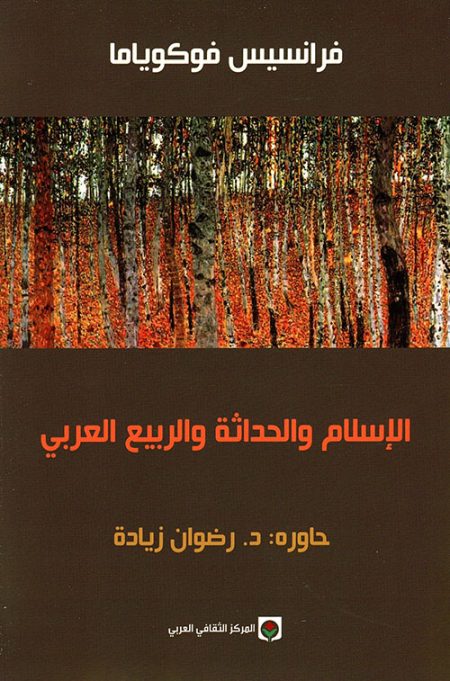
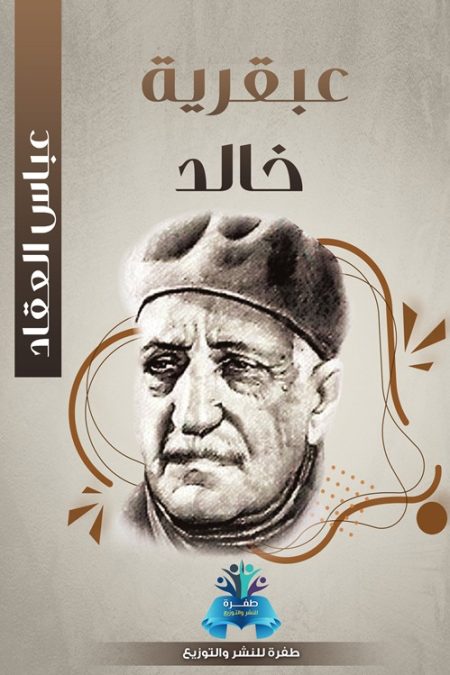
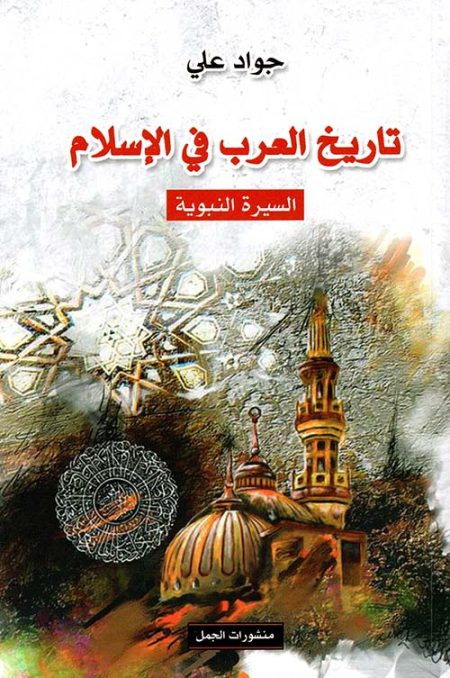
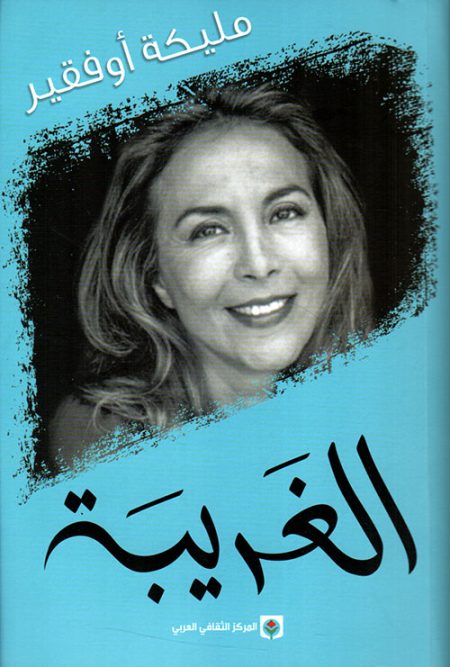
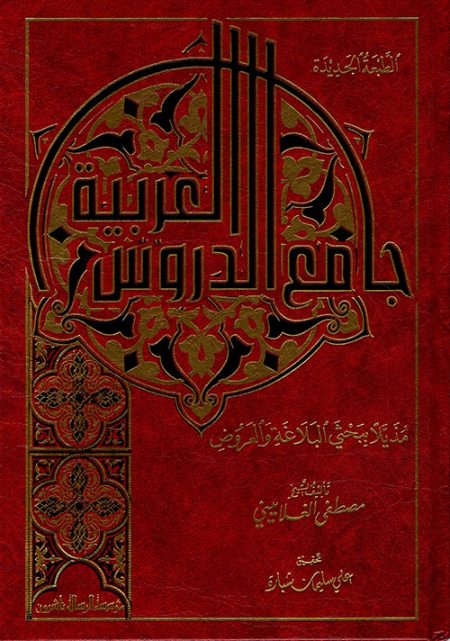
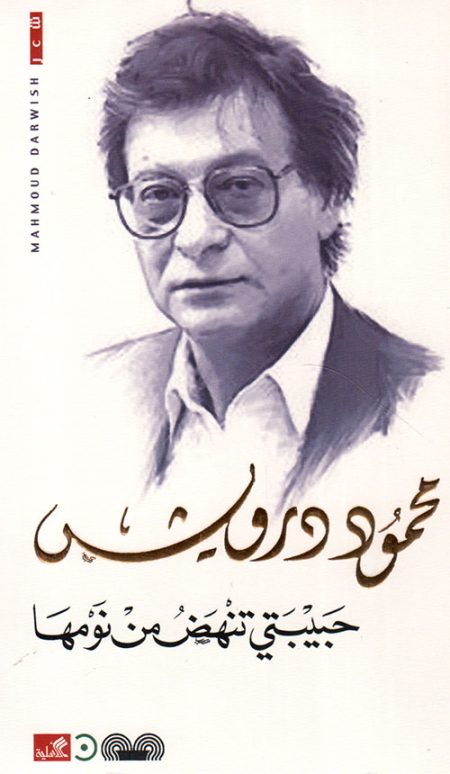
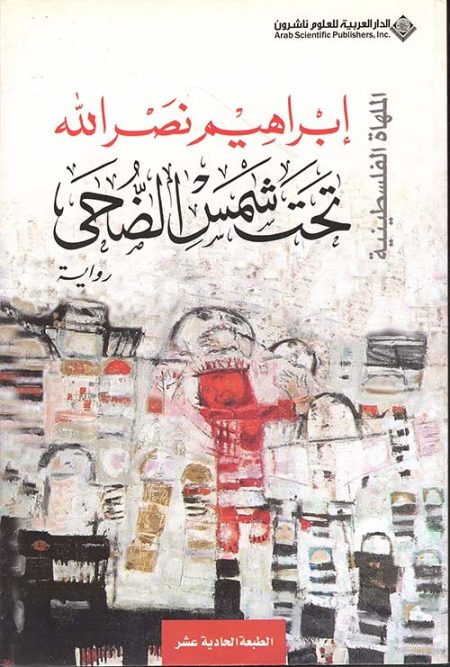
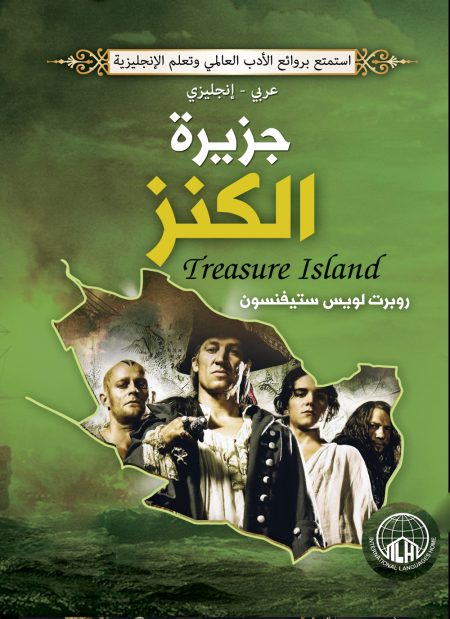
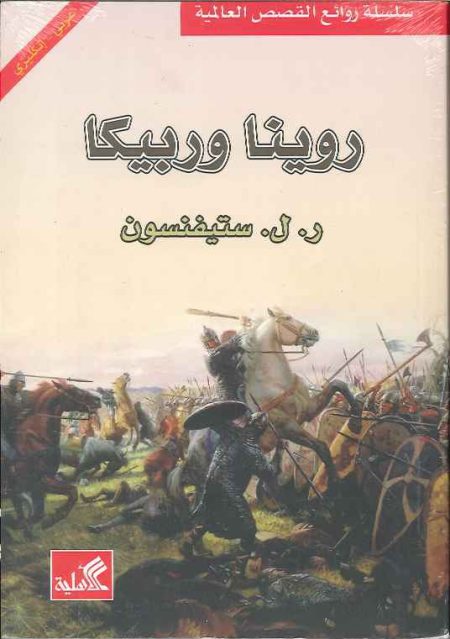
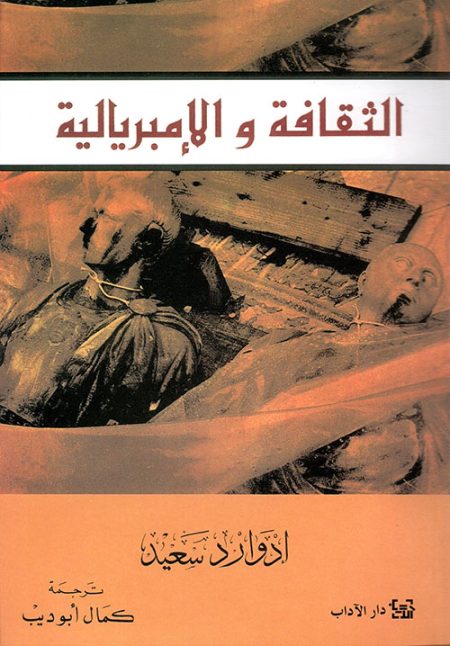
Reviews
There are no reviews yet.